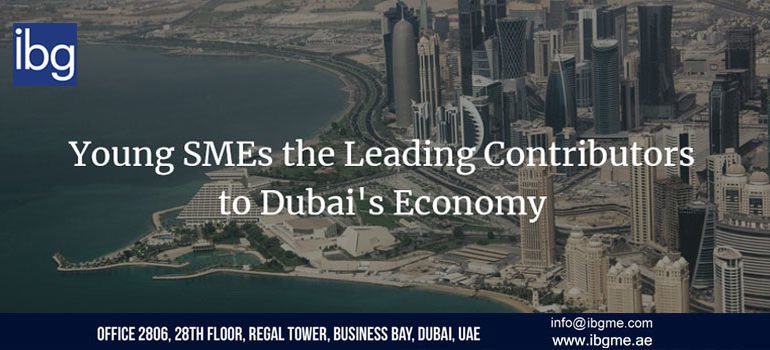

Dubai’s business landscape has always served as an oasis of entrepreneurial nourishment, providing a stimulating environment for young entrepreneurs and SMEs to invest in their business plans and cultivate its rewards.
With Dubai’s international business outlook expanding and progressing, the government has focused its efforts on supplying sustainable and innovative financing mechanisms along with numerous global-level start-up programs to influence the participation of entrepreneurs and young SMEs in Dubai.
The programs will help UAE thrive into a knowledge and technology-based economy, making room for new sectors while strengthening the existing ones with vibrant schemes and lucrative prospects.
The study by a government agency ‘Dubai SME’ and the Dubai Statistics Centre shed light on the developments from 2009 to 2016, validating the importance of the small business community in Dubai’s economic outlook. The report showed SME’s hiring 42% of Dubai’s workforce in 2009, which augmented to 52.4% in 2016 reflecting major growth in business satisfaction levels for fresh investors. Currently, SME’s account for 47% of Dubai’s GDP, which are further divided into micro businesses, small corporations, and medium firms.
The study revealed the extensive contribution of micro businesses in Dubai economy’ adding 9.2% of Dubai’s GDP and employing almost 10% of its total workforce. The scale was also weighed by small corporations which accounted for 26% of GDP and 30% of the workforce while the medium firms were responsible for 12% of GDP and 12.5% of Dubai’s workforce.
Moreover, 50% of Dubai’s SMEs are less than 5 years old, 20% are between 5 and 9 years old, and about 26% are between 10 and 29 years old. The rest of the 4% of SMEs are older.
Showing Dubai’s enterprise growth from relatively younger corporations, the CEO of Dubai SME, Abdul Basit Al Janahi said,
“The study confirms that our efforts over the past years have been fruitful and that the range of initiatives and policies Dubai SME has adopted are today being considered as global best practices by international organizations and institutions including the World Bank, United Nations, and the Organization for Economic Co-operation and Development.”
